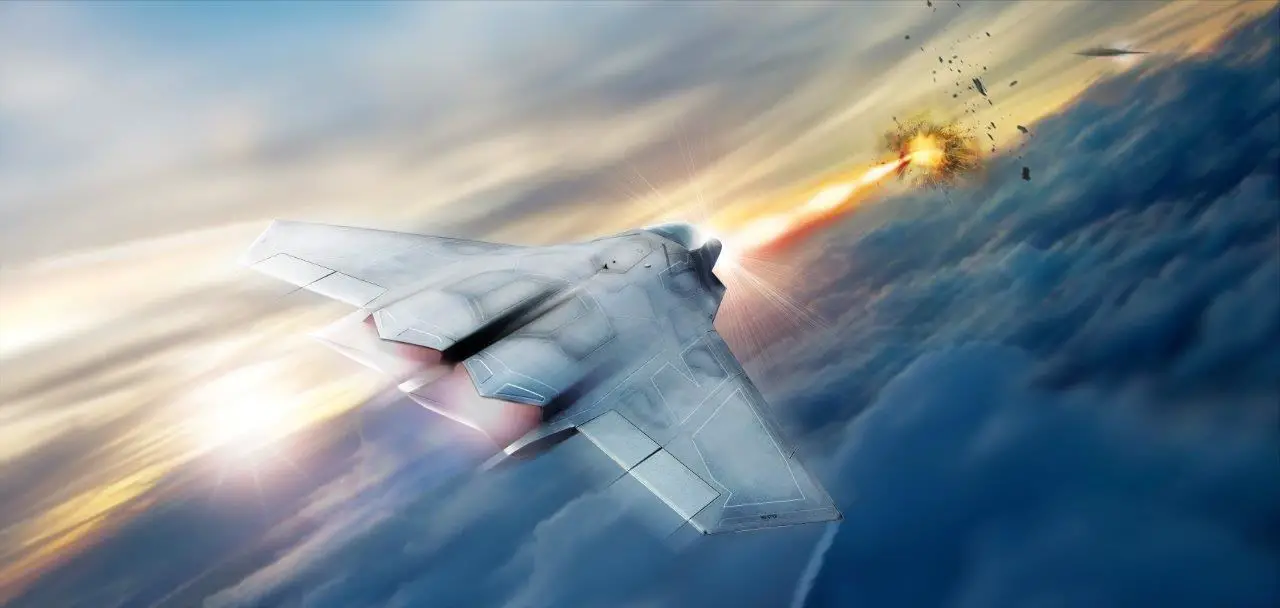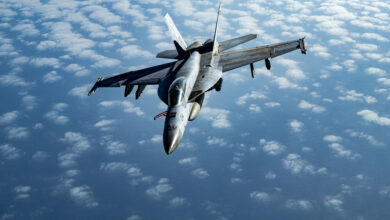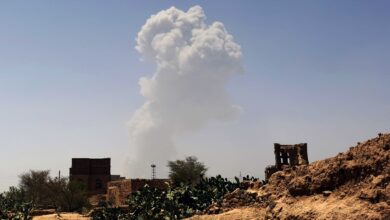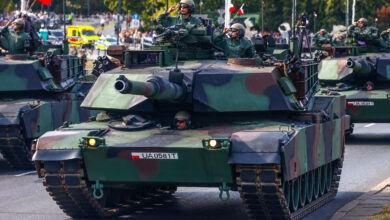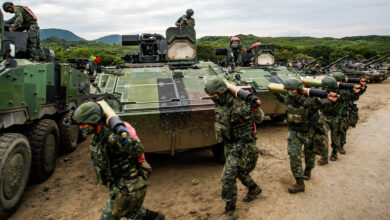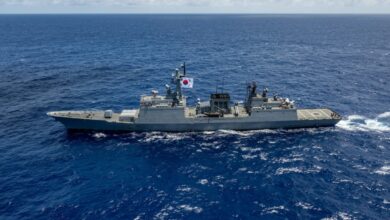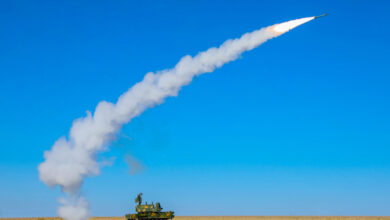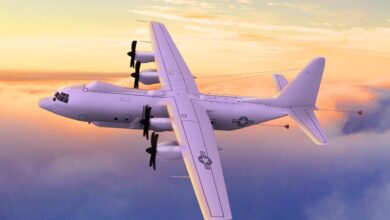US Air Force SHiELD Laser System to Receive Critical Component
The US Air Force is receiving one of the three main components of a laser weapon system demonstrator this month which is being developed to counter surface-to-air and air-to-air missile attacks on fighter aircraft, the service revealed.
The Self-Protect High Energy Laser Demonstrator (SHiELD) project, in development by the Air Force Research Laboratory (AFRL), is a system consisting of a pod containing a laser weapon and a beam controller fitted on a military jet.
Full System Test in 2024
The pod will be delivered this month, while the other two subsystems are scheduled to arrive in July this year, allowing developers to commence integration work, with a full system test expected in 2024.
“Over the last five years we have worked side-by-side with Lockheed Martin, Boeing, and Northrop Grumman, advancing the technology that would make this system work,” said Dr. Jeff Heggemeier, SHiELD program manager.
“To finally have the subsystems in the lab, will be a huge step forward in seeing the system to completion.”
Stages of Technology Maturation Over Two Years
The project has gone through several stages of technology maturation in the last two years, which include “flying an F-15 with attached laser test pod.”
Developers said that In 2019 the system demonstrator, acting as a ground-based test surrogate of the SHiELD system, had shot down multiple air-launched missiles.
“The successful test is a big step ahead for directed energy systems and protection against adversarial threats,” Maj. Gen. William Cooley, AFRL commander said.
“The ability to shoot down missiles with speed-of-light technology will enable air operation in denied environments. I am proud of the AFRL team advancing our Air Force’s directed energy capability.”
Challenges of Transitioning to Next Stage
After the successful tests, the next step for the developers was to make the final product much smaller, lighter, and more durable for an airborne environment, the USAF had stated in 2019.
Heggemeier described the challenges developers faced in making the transition: “Imagine the disturbances and stresses – wind speeds, turbulence, and quick aircraft maneuvers that a laser system would have to perform under. We had to solve those challenges first—and that took time.”
Dr. Kelly Hammett, director of AFRL’s Directed Energy Directorate, explained that past demonstrations have proven that the system is “on track,” adding that the features of the system will increase “the advantage we have over our adversaries,” calling it a “game-changer.”

